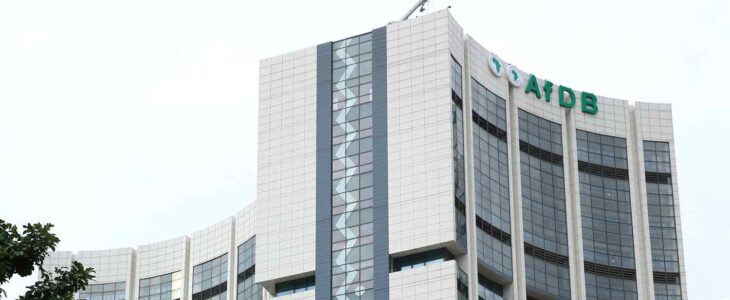ABIDJAN, Côte d’Ivoire, Sept 29- Calls to action sounded loud and clear from leading voices from across the region as Africa Climate Week 2021 kicked off. The event, hosted by the government of Uganda, is expected to drive urgent critical discussion ahead of the COP26 climate conference.
The African Development Bank is hosting thematic sessions and side events alongside partner organizations, including the African Union Commission, UN Economic Commission for Africa, UN Development Program, UN Environment Program, UN Framework Convention on Climate Change, and World Bank Group.
The three-day virtual event runs from 26-29 September 2021.
Sam Cheptoris, Minister of Water and Environment of Uganda, said: “We have seen recently that the world is not on course to limit warming to as close to 1.5 degrees Celsius as possible, as laid out in the Paris Agreement. This increases risk of severe impacts at a moment in which we are looking to grow quickly. For Africa, this is a generational crisis and one we will have to adapt to. In the face of the climate crisis, Africa must come together and chart a course to low-emission growth that is good for all Africans and the world.”
Al Hamndou Dorsouma, Officer-in-charge for Climate Change and Green Growth at the African Development Bank, said the Bank stood ready to deploy its resources to save people and planet and generate wealth for our continent. “The Africa Climate Week presents us an opportunity to dialogue with partners to generate a pipeline of transformative projects and programs that will deliver Africa’s post Covid-19 recovery in line with Africa’s Agenda 2063, the Sustainable Development Goals and Paris Agreement goals,” Dorsouma said.
At a side event on mobilizing gender-responsive climate finance hosted by the UN Development Program and the UK government, which currently holds the COP26 presidency, Davinah Milenge, principal coordinator of the African Development Bank’s Africa Nationally Determined Contributions Hub, shared best practices on crowding in gender-responsive adaptation finance. As an example, she cited theBank’s Affirmative Finance Action for Women in Africa (AFAWA) Ghana project, which offers innovative financial products and services to assist women’s adoption of climate-smart agricultural technologies and practices.
A panel discussion organized by the African Development Bank and the UN Population Fund, focused on enhancing gender-sensitive and health adaptation responses in Africa. The discussion stressed the need for more data on gender-sensitive indicators to improve climate adaptation responses. Gareth Phillips, the African Development Bank’s manager for climate and environment finance, called for more resources to be made available to communities to support a bottom-up approach on gender and health inclusion in adaptation measures.
Panellists noted that only four African Nationally Determined Contributions integrate health considerations. “Current efforts to adapt to climate change are simply not sufficient. Moreover, solutions are not always designed to prevent disproportionate impacts on women and girls, as well as other vulnerable or marginalized populations,” said Dr. Bannet Ndyanabangi, UN Population Fund’s interim regional director for East and Southern Africa.
Mobilizing climate finance was a key agenda topic. At a side event hosted by Hivos, panelists discussed access to finance, outlining the barriers local private actors face in accessing finance. Dr. Olufunso Somorin, the Bank’s regional principal officer for East Africa, said the African Development Bank works with financial intermediaries across the continent to offer concessional loans to local companies interested in climate action. Access to finance, including the $100 billion annual pledge made by developed countries at COP15, will be central to the agenda of the upcoming COP26 conference to be held in Glasgow from 31 October to 12 November.
Want to send us a story? Contact Shahidi News Tel: +254115512797 (Mobile & WhatsApp)


